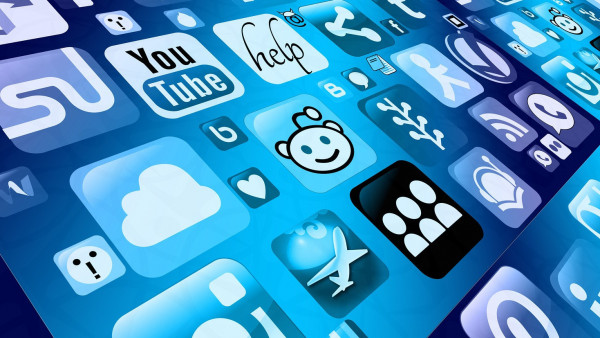
0207 060 7220

When To Develop A Mobile App

In the early days of the internet there was a meme called ‘me too’.
Someone would say something clever on an internet forum and someone less clever would
reply: “me too.”
When creating any object, before one spends valuable time and resources, one should ask:
“Is it necessary?”
“What are the benefits to me?”
“What are the benefits to my customers?”
“Is it a true improvement on existing object of that kind?”
“Is it so good it will promote itself, without my having to push it uphill?”
Already we can see that developing an app for its own sake is mere vanity. It can cost a lot
of time and money to create a software that might be obsolete in two years.

Assuming it still sounds like a good idea, here are some benefits of developing your own
app:
1. Your customers are reminded of you every time they check it.
The app has your logo and lets your clients interact directly with your website; Google is not
the intermediary.
2. You can offer them help, advice, free upgrades and discounts.
They don’t need to send emails or open support tickets. You can send them messages of
mutual benefit; genuinely interesting offers and news.
3. You can sell directly to them.
No marketing needed, no advertising, no long sales funnel; “here is the thing, you can buy it
now.”
4. You can become an icon.
Your brand becomes embedded in their consciousness. If you build a sizable client base and
your branding is suitably ‘finessed’, your cheerful red-and-white logo becomes associated in
your clients’ minds with positive things.
Traditionally, that kind of marketing took years to take root and hundreds of thousands of
pounds to perfect.
An app that does something that people actually want and which they will use regularly can
cut through all that.
.jpg)
5. Encourage your customers to contact you.
The icon is there on their ‘phone. They can see it every time they take or make a call,
potentially. You can interact with them, and they with you.
If your business niche includes repeat sales or upgrades, your app can cut through barriers
to a sale.
6. Get ahead of your competitors.
If your competitors have no app, or it’s quite boring or unprofessional, you can seem much
more sophisticated if yours stands out.
It takes at least £10k and an amount of luck to get an app working. You will be dealing with
fickle developers, expanding timeframes and bloated feature lists.
If you can wrestle all that into a neat little featurette that someone can download into their
precious iPhone, you can leap ahead of your less-sophisticated competitors.
7. Increase customer loyalty.
The more familiar, present or ubiquitous something is, the more we tend to favour it. We
may even become fond of it.
If that item offers utility to use, if we use it constantly, we tend to have warm feelings
towards it and to whomever is providing it to us.
And now, some deficits.
1. Time and money.
Getting an app developed costs money can take a year. Those are resources that could be
put into making a better, faster, cheaper product. The app is not the goal of your company;
sales are.
2. Is there truly a demand?
Apps go viral because they fulfil a need that people maybe never even knew they had. They
often are created out of love and enthusiasm by nerds, and then they go viral because a
small number of people try them and then they tell their friends.
You can’t buy that kind of marketing.
Try to create something that whoever downloads it will tell their friends about it, or which is
at least useful in providing some genuine good to your clients, ongoing.
If you can’t, move on to something more energising!










 Go Paperless
Go Paperless